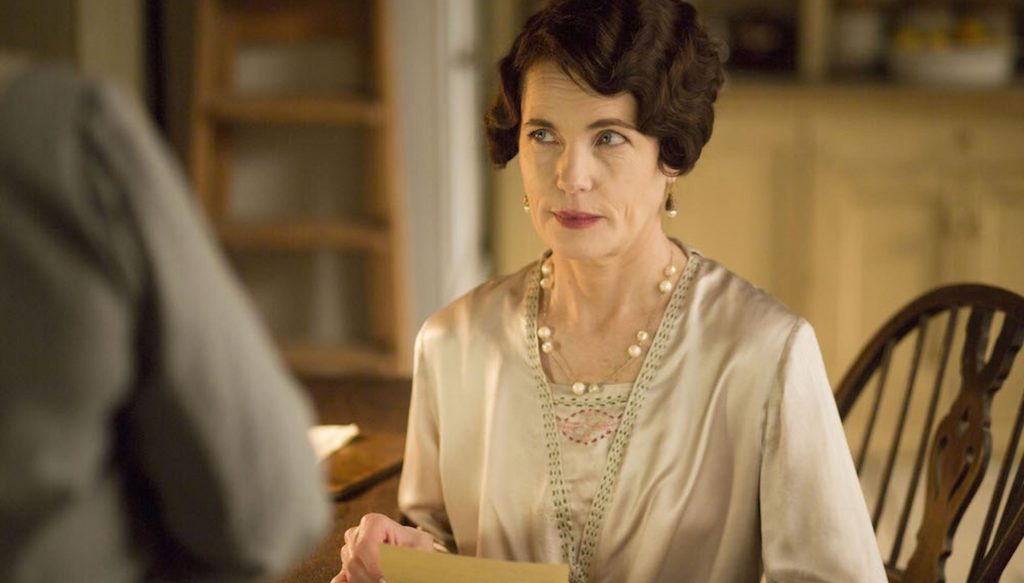
The Chaperone is a pleasing period tale of self-discovery in 1921 America. Louise Brooks (Haley Lu Richardson) is not yet the silent movie sex symbol that she would become; she’s a 15-year-old from Wichita who has a wonderful opportunity – she can attend a cutting edge NYC dance school, if only she can get a chaperone. Local Wichita matron Norma (Elizabeth McGovern) volunteers to be that chaperone. Highly spirited and supremely confident, Louise is a Wild Child who can shock Norma’s sensibilities. But we learn that Norma has a secret reason for leaving Wichita and another secret reason to visit New York City…
This could have been a standard Odd Couple-type romp, but it’s surprisingly deeper. That’s because it centers on the adult character of Norma and benefits from McGovern’s performance. She has a sense of decorum, but she’s not a garden-variety prude. She doesn’t really appreciate her own inner strength and what that strength has helped her survive already. Now, for the first time, she reflects on what it would take to achieve happiness for herself.
Of course, adoptees longing to find out about their biological parents, child sexual abuse, closeted homosexuality and passionless marriages all existed in 1921, but American society was ill-equipped to deal with (or even acknowledge) them. Those are the pivot points in this screenplay written by Downton Abbey’s Julian Fellowes.
Richardson’s persona as Louise does not resemble the sensuous adult Brooks, but she captures the youthful exuberance and confidence of the role. This is only the second American film for Hungarian actor Géza Röhri (from the brilliant but impossibly grim Son of Saul). Röhri is able to project a fundamental decency that is very appealing.
The Chaperone is a satisfying and easy watch, which I would expect to end up on PBS after its theatrical run. The Chaperone played at Cinequest in March.
